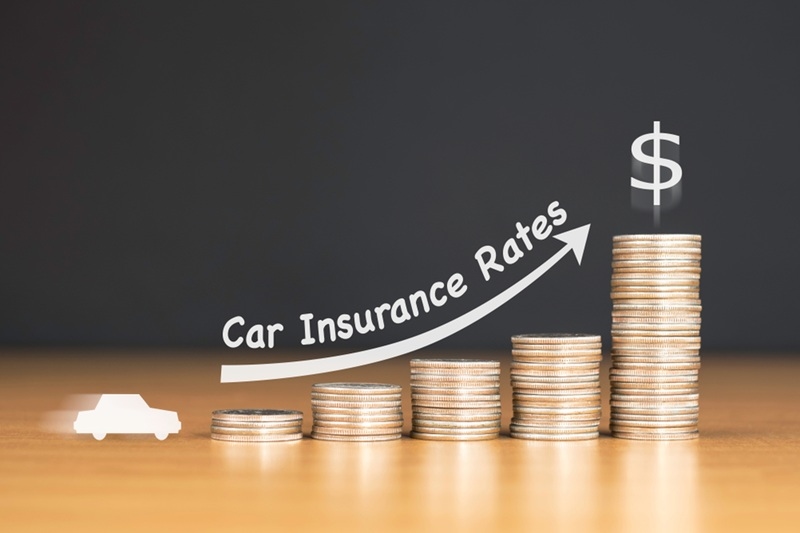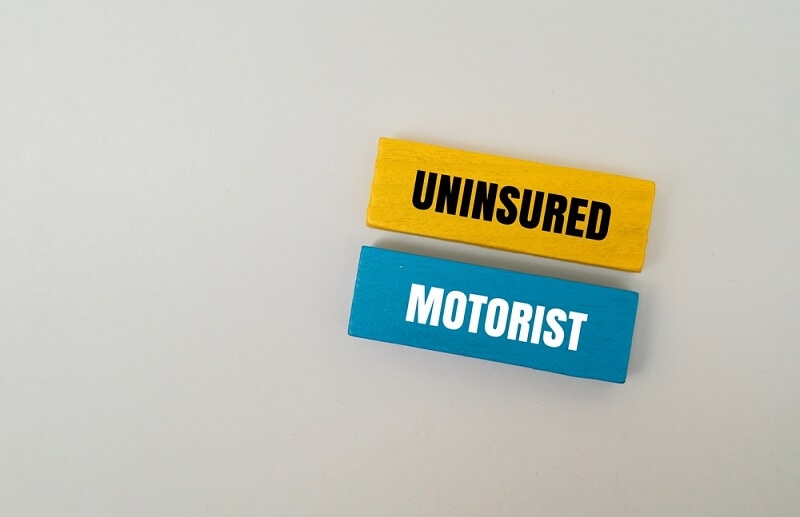Safeguard Your Business with General Liability Insurance
Safeguard Your Business with General Liability Insurance


Running a business comes with inherent risks, and protecting your business against unforeseen circumstances is crucial. One essential form of protection is general liability insurance. This insurance provides coverage for a range of common risks that businesses face, from property damage to bodily injury claims. In this guide, we'll explore what general liability insurance is, what it covers, how much it costs, and who needs it. We'll also discuss common terms to know when shopping for coverage, specific considerations for contractors, and whether your business might require additional liability insurance coverage.
Understanding General Liability Insurance
General liability insurance is a foundational insurance policy that protects businesses from a variety of common claims. It provides coverage for third-party bodily injury, property damage, and advertising injury claims. For example, if a customer slips and falls in your store and sues for medical expenses, general liability insurance would cover the costs.
It also covers damage to someone else's property caused by your business operations. General liability insurance is essential for businesses of all sizes and industries, as it helps protect against the financial impact of lawsuits and claims.
Coverage of General Liability Insurance
General liability insurance covers a wide range of potential risks that businesses face in their day-to-day operations. Here are some key areas that general liability insurance typically covers:
Bodily Injury: If a customer or visitor is injured on your business premises and sues for medical expenses, general liability insurance can cover the costs.
Property Damage: If your business operations cause damage to someone else's property, such as a client's home or office, general liability insurance can cover the costs of repair or replacement.
Advertising Injury: This coverage protects against claims of libel, slander, copyright infringement, or other forms of advertising-related injury.
Legal Defense Costs: General liability insurance can cover the costs of defending your business in court, including attorney fees, court costs, and settlements or judgments.
Medical Payments: In addition to covering medical expenses for injuries on your premises, general liability insurance can also cover medical payments for injuries caused by your products or services.
Personal Injury: This coverage protects against claims of false arrest, malicious prosecution, wrongful eviction, or other similar offenses.
Cost of General Liability Insurance
The cost of general liability insurance can vary widely depending on several factors, including the size and type of your business, your location, the industry you operate in, and the coverage limits you choose. On average, small businesses can expect to pay between $400 and $1,500 per year for general liability insurance.
However, this is just a rough estimate, and the actual cost can be higher or lower based on your specific circumstances. To get an accurate quote for general liability insurance for your business, it's best to contact an insurance provider or broker. They can help you assess your risks and tailor a policy that meets your needs while staying within your budget.
Who Requires Business General Liability Insurance?
General liability insurance is essential for businesses of all sizes and industries. Any business that interacts with clients, customers, or the public, either in person or online, should consider obtaining general liability insurance. This type of insurance protects businesses from financial losses associated with third-party claims of bodily injury, property damage, and advertising injury.
For example, a retail store could be sued if a customer slips and falls on a wet floor. General liability insurance would cover the medical expenses and any legal costs associated with the lawsuit. Similarly, a contractor could be held liable for damage to a client's property during a construction project. General liability insurance would cover the costs of repairing or replacing the damaged property.
Even businesses that operate primarily online can benefit from general liability insurance. For instance, if a business owner makes a false claim about a competitor in an online advertisement and is sued for defamation, general liability insurance would provide coverage for legal expenses and damages.
Overall, general liability insurance is a critical form of protection for businesses, as it helps shield them from potentially devastating financial losses. Without this coverage, businesses could face significant expenses in the event of a lawsuit or claim. By investing in general liability insurance, businesses can safeguard their assets and focus on growing their operations with peace of mind.
Common Terms to Know
When shopping for general liability insurance coverage, it's essential to understand some common terms to make informed decisions. Here are a few key terms you should know:
Premium: The insurance premium is the amount you pay for insurance coverage. It is usually paid annually or in monthly installments.
Deductible: The deductible is the amount you must pay out of pocket before your insurance coverage kicks in. A higher deductible typically means lower premiums but higher out-of-pocket costs if you need to make a claim.
Coverage Limit: The coverage limit is the maximum amount your insurance company will pay for covered claims. It's important to choose a coverage limit that adequately protects your business.
Exclusions: Exclusions are specific events or risks that are not covered by your insurance policy. It's important to review the exclusions carefully to understand what is and isn't covered.
Occurrence Policy: An occurrence policy covers claims that occur during the policy period, regardless of when the claim is reported. This type of policy provides coverage for incidents that happen while the policy is in effect, even if the policy is no longer active when the claim is made.
Getting a Different Type of Liability Insurance Coverage for Your Company
While general liability insurance provides broad coverage for common risks, certain businesses may require additional types of liability insurance to adequately protect against specific risks. Here are some scenarios where your company might need additional liability insurance coverage:
Professional Liability Insurance
Also known as errors and omissions (E&O) insurance, this coverage protects against claims of negligence, errors, or omissions in the professional services you provide. It is essential for businesses that offer professional advice or services, such as consultants, lawyers, and accountants.
Product Liability Insurance
If your business manufactures or sells products, product liability insurance can protect you against claims of injury or damage caused by your products. This coverage is crucial for businesses in the manufacturing, retail, and distribution industries.
Cyber Liability Insurance
In today's digital age, businesses are increasingly vulnerable to cyber threats. Cyber liability insurance can protect your business against losses resulting from data breaches, cyberattacks, and other cyber-related risks. This coverage is essential for businesses that store sensitive customer information or conduct transactions online.
Employment Practices Liability Insurance (EPLI)
EPLI provides coverage for claims related to employment practices, such as wrongful termination, discrimination, and harassment. This coverage is important for businesses of all sizes, as employment-related claims can be costly and damaging to a company's reputation.
Commercial Auto Insurance
If your business owns vehicles that are used for business purposes, you'll need commercial auto insurance to protect against liability claims arising from accidents involving your vehicles. Personal auto insurance typically does not provide coverage for vehicles used for business purposes.
You may also like to read: Save Business with Employment Practices Liability Insurance
Conclusion
In conclusion, general liability insurance is an essential form of protection for businesses of all sizes. By understanding what it covers, how much it costs, and who needs it, you can ensure that your business is adequately protected against common risks. Additionally, it's important to be aware of other types of liability insurance coverage that may be necessary based on your industry and specific business operations.
FAQs
What is General Liability Insurance coverage?
General liability insurance coverage protects businesses from financial losses resulting from lawsuits filed by third parties. It typically covers claims of bodily injury, property damage, and advertising injury.
Why Is General Liability Needed?
General liability insurance is needed to protect businesses from the financial impact of lawsuits and claims. Without this coverage, businesses could face significant expenses, including legal fees, settlements, and judgments.
What Does a General Liability Policy Not Cover?
General liability insurance does not cover claims related to professional errors or negligence, damage to your own property, employee injuries (covered by workers' compensation), or intentional acts.
Is General Liability Business Insurance Required by Law?
General liability insurance is not typically required by law for most businesses. However, some industries or contracts may require businesses to carry this coverage.
What Types of Events Can General Liability Insurance Help Pay For?
General liability insurance can help pay for legal fees, settlements, and judgments resulting from claims of bodily injury, property damage, and advertising injury.
Do You Need Business Liability Insurance for an LLC?
While business liability insurance is not required by law for LLCs, it is still highly recommended. It can protect your personal assets from being used to satisfy business-related liabilities and can help protect your business's financial stability.
This content was created by AI



